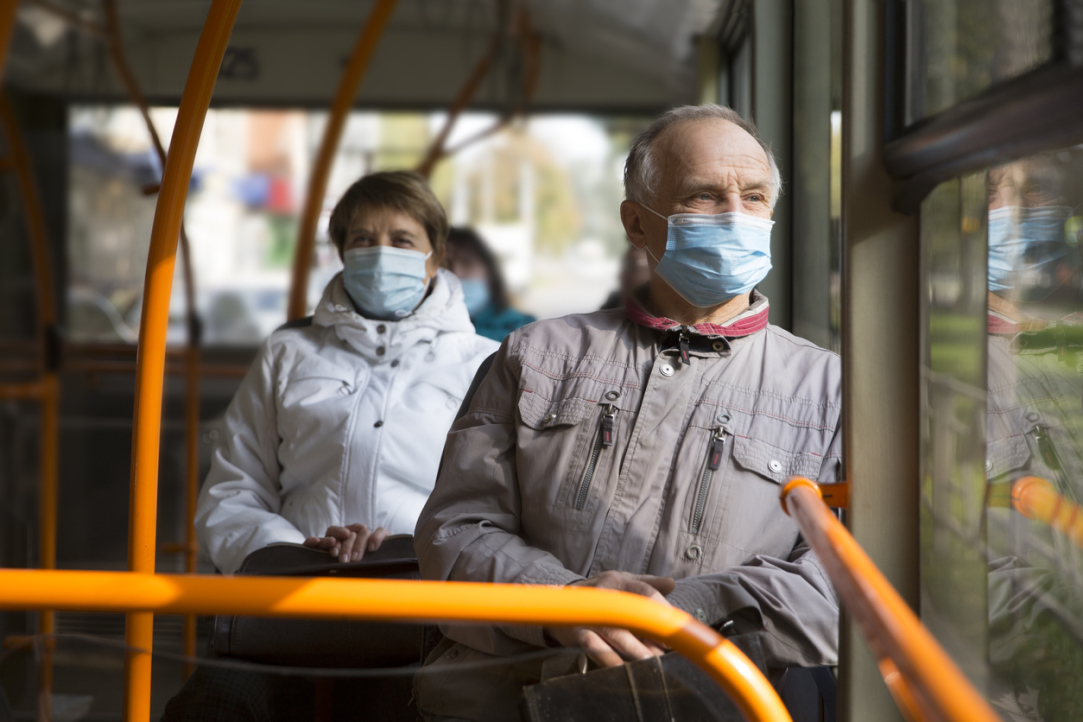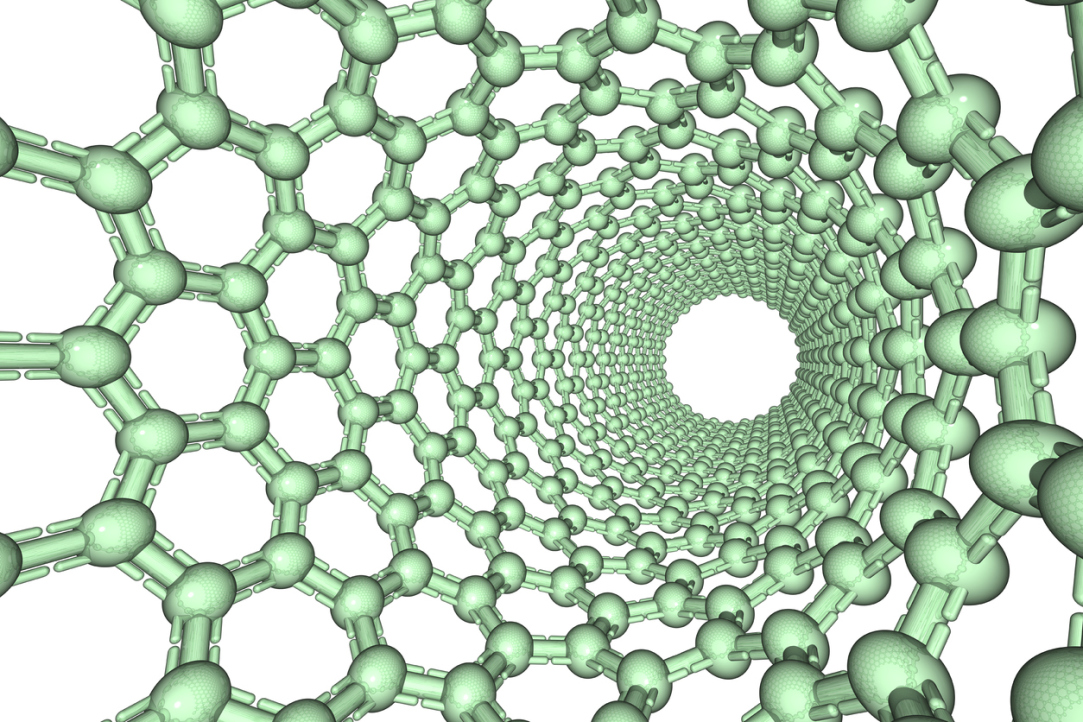
Card Index: Spatial Behaviour. Where Does Our Personal Comfort Zone End?
Individual distance, comfort zone—these terms refer to how close we are prepared to let other people into our personal space. Scientists compare the space around a person to a bubble that can change in size. Card Index looks at the work of RAS and HSE University researchers Valentina Burkova and Julia Fedenok to find out why this is the case, what size this ‘bubble’ can be, and what determines its size.

Where the Babies are Booming: Which Russian Regions Have the Highest Birthrates?
The birthrate across Russia is not uniform: in some areas, people have children earlier in life, and in some, later. These contrasts reflect various populations’ differing demographic outlooks and the dynamics of their respective regions, as well as the extent to which their residents adhere to traditional norms of reproductive behaviour. On the whole, almost no large areas with high birthrates remain in Russia. Here, IQ.HSE studies current trends based on an article by demographer Artur Petrosyan.

Researchers Investigate Differences Between Post-Stroke and Post-Surgery Aphasia
Researchers from the HSE Centre for Language and Brain worked with Russian doctors to address the differences between the symptoms of post-stroke aphasia and aphasia caused by glioma surgery. Post-surgery patients demonstrate moderately severe speech disorders that impact all aspects of language processing simultaneously. Understanding these differences will help doctors develop more effective therapies for speech disorders caused by surgical removal of gliomas. The results of the study were published in Brain and Language.

Consortium Led by HSE University Wins Norilsk Renovation Competition
The Open International Architectural and Planning Concept Competition for the Renovation of Norilsk up to 2035 received a total of 27 submissions from 12 individual applicants and 15 consortiums from 13 countries. The winner was a consortium of six companies from Russia, Austria, and France led by HSE University. Eleven HSE University institutes and competency centres were involved in the development of the project. The aim of the competition was to create a comprehensive vision of the development of Norilsk up to 2035.

HSE University Launches Third Mirror Laboratories Competition
The competition is open to HSE University research units planning to conduct joint projects with academic institutions, research organisations and state academic centres of the Russian Federation. Applications are open until May 20, 2022.

People Over 65 are Less Prone to Apathy and Depression
The degree of depression and apathy is higher between the ages of 50 and 65 than after 65. What’s more, apathy among those of pre-retirement age depends on subjective vitality — the sense of being full of life and energy.

Deadly Habits: Why Women Live Longer Than Men
In developing countries, the gap in life expectancies between men and women has been shrinking for a long time—but it has not disappeared completely. In many cases, gender-related differences in mortality in the 45–69 age group account for almost half of this gap. However, in Eastern Europe, early mortality in men aged 50 and under accounts for over a third of it. Demographer Marina Vergeles examined the situation in more than 40 countries and shared her conclusions with IQ.HSE.
.jpeg)
Shattering the Family’s ‘Glass Ceiling’: Why Young People Go to University
Attitudes towards education are often inherited, with parents explaining to their children what university education can give them. They offer very pragmatic arguments—that higher education ensures a more successful career, interesting work and a good income. But there are also other arguments that should not be underestimated. At this time when many universities are holding open house, IQ.HSE draws on a study by HSE scholars Tatiana Chirkina and Amina Guseynova to explain the attitudes towards education that parents give their children and which considerations they might have overlooked.

Tunnelling Contact Helps to Study Electron Structure of Carbon Nanotubes
Russian physicists have demonstrated how tunnelling contacts can be used for single-particle states spectroscopy in carbon nanotubes. The proposed technology of tunnelling contact fabrication and the spectroscopic method will help measure the exact nanotube bandgap value, which is the key characteristic required for design of any nanotubes-based electronic devices. Applied Physics Letters publishes the result of the study.


